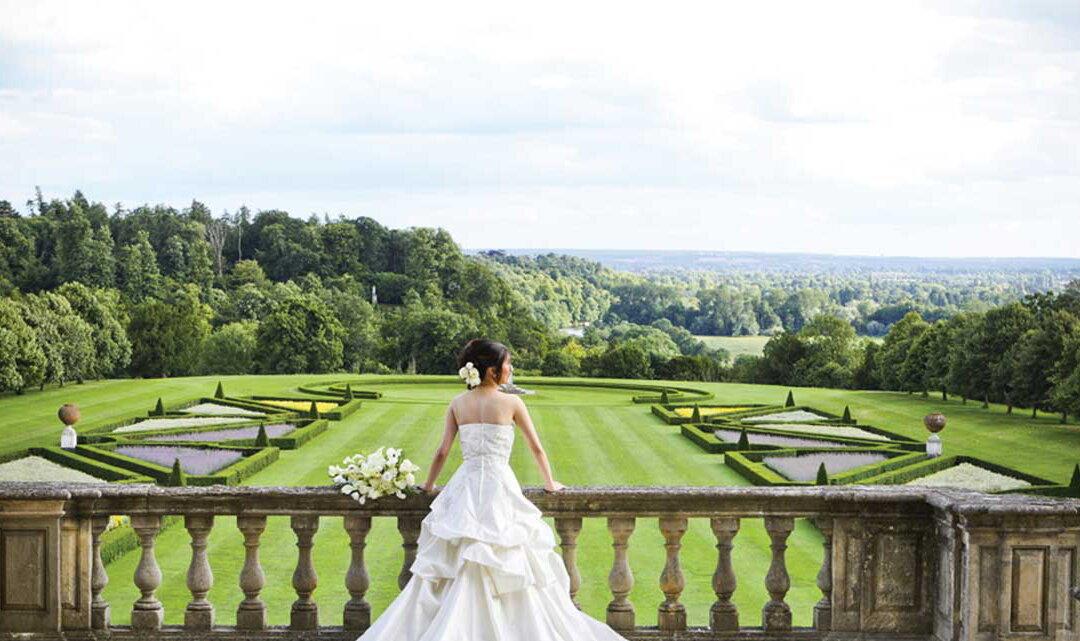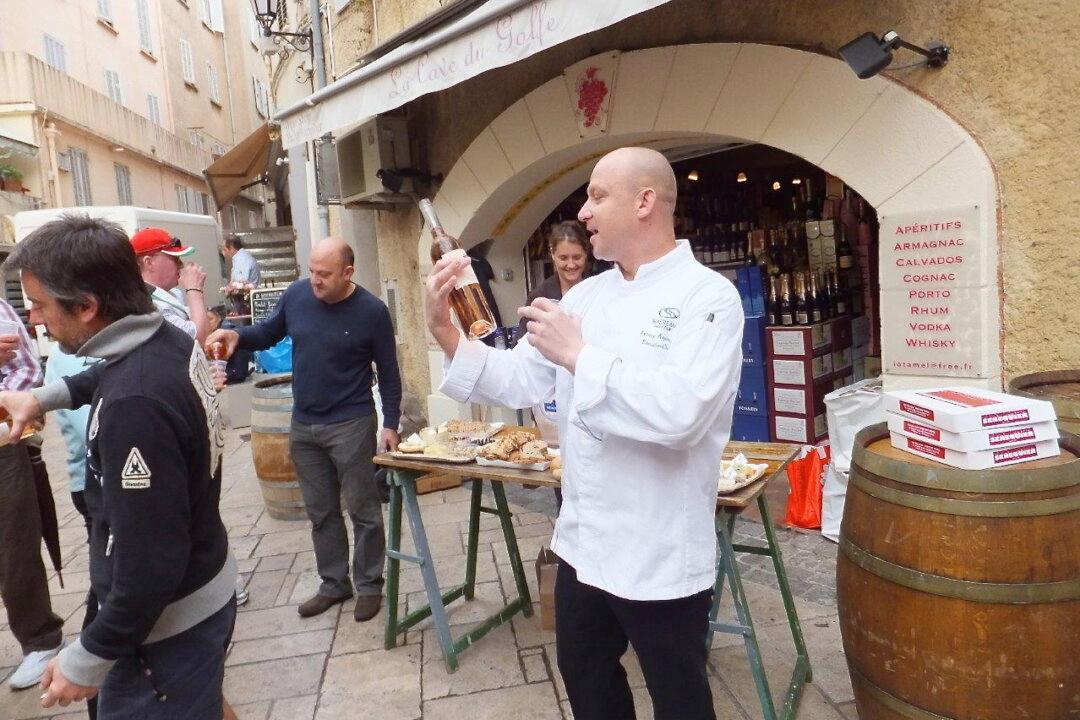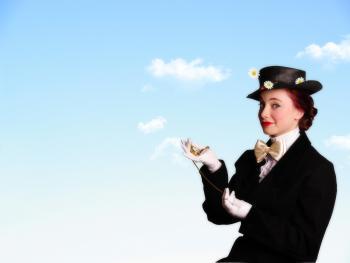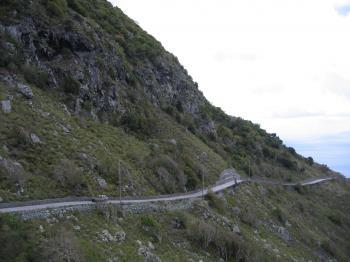Back in 1893, America’s then-wealthiest man, William Waldorf Astor, had England’s high society in an absolute tizz when he had the audacity to buy his way into their ranks by paying $US1.25m for the Duke of Westminster’s grand Cliveden House on the River Thames in Buckinghamshire.
Queen Victoria announced she “was astonished” when Astor then went on to snap-up Hever Castle in Kent nearby.
But what really had society’s madams rushing for their smelling salts was Astor’s successful application to become a British citizen, being made a Baron in 1916, and then anointed with the grander moniker Viscount Astor a year later.
Such “astonishment”, however, was nothing compared with what was to eventuate at Cliveden House years later in 1961, when a high society weekend there would erupt into one of Britain’s greatest scandals, the exposé of a Russian spy, the downfall of one of the country’s most senior Cabinet Ministers—and ultimately the fall of the Government itself.
Cliveden House has seldom been out of the public eye since the first “house” was built on its 150ha (375 acres) at Taplow in 1666 by the 2nd Duke of Buckingham. He used the house as a hunting lodge.
Today’s Cliveden House, by comparison, is of extraordinarily grandiose proportions, and was rebuilt in 1852.
William Waldorf Astor was a successful New York attorney who’d inherited huge family wealth, investing some of this into a hotel he called The Waldorf. He then merged with The Astoria Hotel next door—built by a cousin—to become The Waldorf Astoria.
After a bitter family dispute, Mr Astor moved with his wife Mary and family to England, buying and living in Cliveden House until Mary’s premature death in 1906. Devastated by the loss, Mr Astor gave Cliveden to his son Waldorf as a wedding present, and moved into Hever Castle.
There he continued the work that he and Mary had begun on behalf of charities ranging from cancer research to children’s welfare, the Red Cross, war-widow’s families, and a dozen others. It was for this philanthropy that he was made a Baron in 1916 and Viscount Astor the next year.
The young Waldorf and wife Nancy, meanwhile, lost no time in jumping on the high society roundabout, inviting politicians, writers, film stars and other celebrities to join them for weekends at Cliveden House, including Winston Churchill, Harold Macmillan, Mahatma Gandhi, F.D. Roosevelt, Joseph Kennedy, T.E. Lawrence, Charlie Chaplin, Rudyard Kipling and aviatrix Amy Johnson.
Like his parents, Waldorf Astor gave generously, including building a temporary military hospital in Cliveden’s grounds in WWI and another during WWII. In 1942 they donated Cliveden House to the British National Trust with the proviso they could live there as long as they wished ... giving the Trust 250,000 English pounds (around $A16 million today) for its perpetual upkeep.
And for a summer’s weekend party in July 1961, they included, amongst others, Britain’s then-Minister of War, John Profumo, and his glamorous actress wife Valerie Hobson, Lord Mountbatten of Burma, and the President of Pakistan.
Also invited to stay in the property’s separate Spring Cottage was London society osteopath Stephen Ward, who took a mixed bag of friends along including girlfriend, 19-year-old Christine Keeler and a Russian Naval Attache, and Captain Yevgeny Ivanov. On the first evening, John Profumo bumped into Christine Keeler at the House pool, and the two began a relationship.
Profumo, realising the danger to his political career, soon broke it off ... but the Opposition learned of it, asked a question of the relationship in Parliament, which Profumo denied, and to his horror Christine Keeler sold her story to a London newspaper.
Even worse she said she’d been seeing both Profumo and the Russian Attache Ivanov at the same time—whom MI5 revealed was a Soviet spy. Profumo confessed he had lied to the House of Commons and resigned.
Today, Cliveden House is a country house hotel of extraordinary Italianate grandeur, its gardens listed National Trust Category 1.
For more details, visit www.clivedenhouse.co.uk.
David Ellis is an Australian freelance writer. He has over 30 years’ experience in journalism, including working as chief of staff for ABC Radio National.





